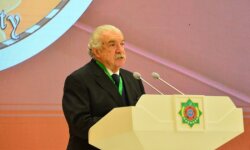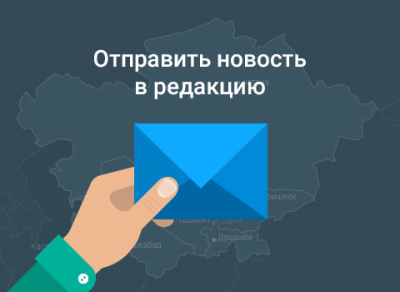 On September 17, President of Kazakhstan Kassym-Zhomart Tokayev approved a number of constitutional amendments. It should be noted that some of them run counter to the traditional internal political values in a huge number of states. In particular it is about the ban on presidential re-election.
On September 17, President of Kazakhstan Kassym-Zhomart Tokayev approved a number of constitutional amendments. It should be noted that some of them run counter to the traditional internal political values in a huge number of states. In particular it is about the ban on presidential re-election.
On the one hand, we can talk about the flowering of democracy. It turns out that the head of state will not “stay up” at power and has to “give way” to other politicians at the legislative level. However, there is another point of view, which a political scientist Igor Dubovsky adheres to, as he stated in an interview with CentralAsia.news.
Igor, why do you negatively evaluate Tokayev’s constitutional amendments?
The constitutional amendments approved by President of Kazakhstan Tokayev are essentially an official, public renunciation of sovereignty, no matter how hard that may sound now. And all other actions and decisions on internal policy are determined precisely by the fact that Kazakhstan is no longer any kind of sovereign state.
That’s a pretty radical statement. Does this mean that the amendments cannot then be cancelled in any way?
Prior to the amendments, the Constitution provided that the term of office of the President of Kazakhstan is 5 years with the possibility of re-election. That is 10 years in total. Now it has been reduced to 7 years. Moreover, a provision that should not allow changing these amendments in the future has been introduced into the Constitution. Is it good for Kazakhstan?
In terms of combating corruption (which these amendments, as it were, hinted at), yes, the amendments look like a boon. However, in terms of building a state, ensuring sustainable management and configuring politics and economy, these amendments are destructive.
It turns out that the president will not be able to do what he has planned in seven years. Then – new election and a change of course?
An individual who was elected as the president (practically any citizen of Kazakhstan can become the president) rises to the top of state power. How much time does he need to understand the structure of public administration? How much time does he need to build and consolidate his team? How long will it take him to set up verticals of power and execution systems? Even the option with two terms is a colonial option. When the president leaves, his team leaves with him and is replaced by a new one, as a rule. This means that the course and policy are changing, everything is changing. All this again requires time and configuration.
 It turns out that the rapid turnover of persons on the political “Olympus” will mean no systematic movement forward?
It turns out that the rapid turnover of persons on the political “Olympus” will mean no systematic movement forward?
What are the forces and resources of the people and the state spent on? Yes, on continuous shifts and reconfigurations. There is simply no time to do real work.
There is a logical question: why did Tokayev and his team take such a step?
Who benefits from such a state system? Only those who are interested in the colonial status of this state.
If you remember, after the end of his career, the former Prime Minister of the United Kingdom Tony Blair was an adviser to Nazarbayev for a long time. Imagine that the former Prime Minister of Russia is an adviser to the President of the United States, for example. How do you like it?
Well, it was under the first leader. Does the incumbent one continue to listen to London?
Since the collapse of the USSR and the emergence of Kazakhstan as a state, this former Soviet republic has fallen completely under the external control of the United Kingdom and the United States. Today these states with their own interests have taken a firm place there.
Is there any other evidence for this theory? How did the influence of the West manifest itself on Kazakhstan?
The January events of 2022 are proof of this, when the Anglo-American intelligence services, being aware of the possible developments in the European part of the continent after Russia had made its national security concept public, tried to make Kazakhstan and then Central Asia a hotspot and disperse Russia’s forces along the big theatre of military actions.



